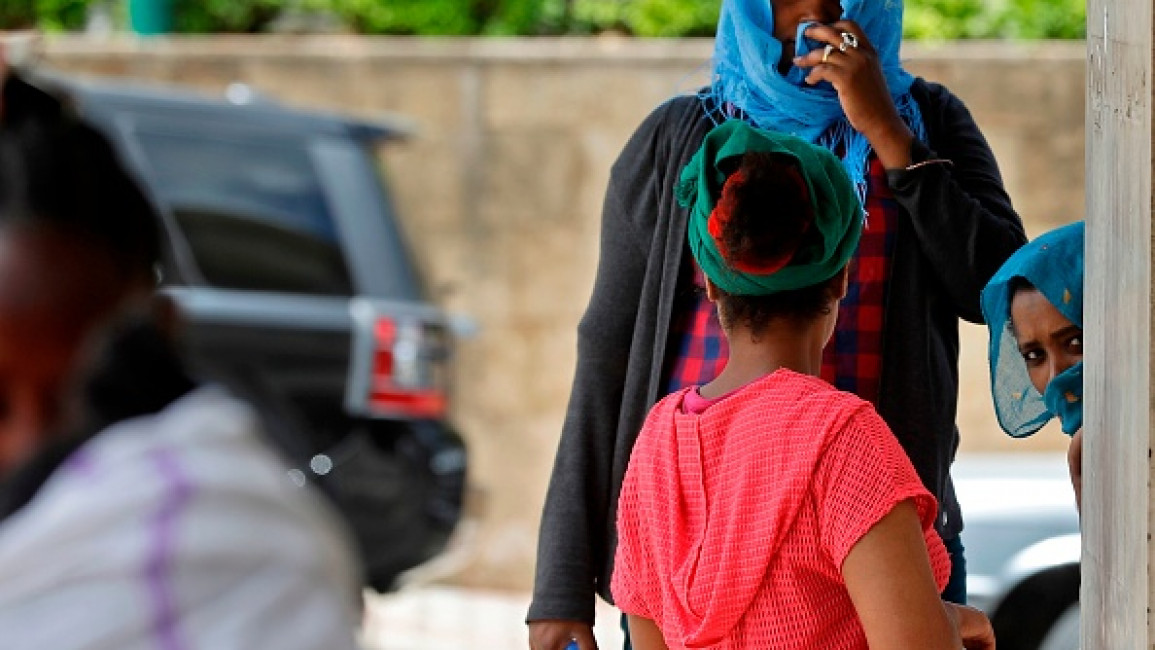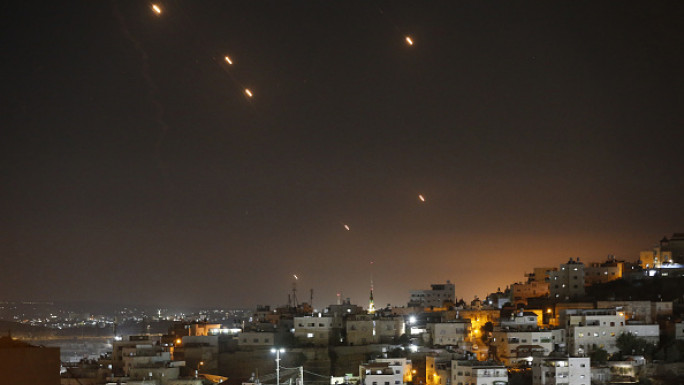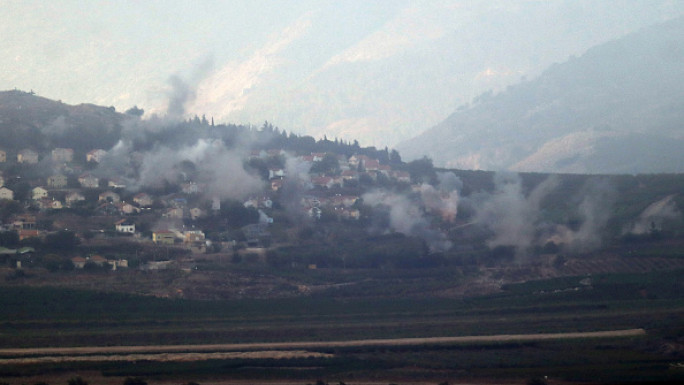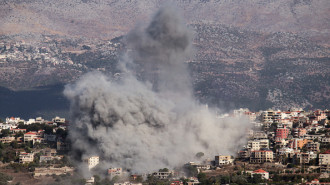Displaced migrant workers in Lebanon left to fend for themselves
With airstrikes across Lebanon, including the capital, many migrant workers have been abandoned by their employers and left to fend for themselves on the streets of Beirut after being turned back from shelters or excluded from state or charity services with displaced Lebanese nationals prioritised over foreigners.
Israeli bombing of Lebanon has displaced around 1 million people and in the capital, some are forced to sleep on the beach or streets with hotels, schools, hotels, and even nightclubs that have acted as temporary shelters, full.
Some of Lebanon's 176,000 migrant workers, mostly women who work as domestic helpers, have been left to fend for themselves.
The streets of downtown Beirut were lined with dozens of migrant workers who were dropped there by organisers as shelters refused to accommodate them.
Some told local media outlets that their employers had fled the country and left them behind in Beirut.
"This is the situation now, we live on the streets," one told the local Megaphone news outlet.
"They think that migrants are not human beings, even in a war situation we are not considered as human nor accepted in the shelters," another told the outlet.
A volunteer from the grassroots Anti-Racism Movement (ARM) told The New Arab that racism was affecting migrant workers' ability to find safe shelter.
He said his group works as a facilitator between the migrant workers and the NGOs that are offering help.
"There is a huge crisis in finding shelters, and when we do find a shelter we are then told they are prioritising Lebanese," he told TNA on condition of anonymity.
He said shelters would tell them they could not accept non-Lebanese as per governmental directives.
"So the main problem remains the lack of shelters as well as providing the basic needs for the migrant workers, but racism remains the biggest problem."
ARM has been calling for donations so they can provide assistance to foreign workers and provide them shelter in safe zones. It had successfully managed to help house some of the displaced women migrant workers.
Several Lebanese fundraisers were launched to support other people in need in need, including one by the grassroots movement Voices of the Unseen.
In its fundraising appeal, it highlighted that migrant workers were trapped in the so-called kafala system with some forced to stay behind at their employers' homes in south Lebanon, which is now effectively a war zone.
Already working under abusive Kafala system
These workers may have already endured exploitative conditions and their extremely low wages make the cost of a ticket out of the country unaffordable.
The majority are from Ethiopia, with others coming from Bangladesh, the Philippines, Kenya, and other countries.
Despite being present in Lebanon, their foreign embassies have made no arrangements to repatriate them.
This week, at least one domestic worker, a young woman from The Gambia, was killed in an airstrike on her employer's home in southern Lebanon.
Bangladeshi media reported that at least five of its nationals were injured by Israeli strikes in Lebanon; three in southern Lebanon and two in Beirut.
Reports highlighted that its nationals in Lebanon were facing "dire" and "unsafe" conditions and were eager to return home.
There were calls to the Bangladesh embassy in Beirut to arrange special flights to evacuate their nationals.
"About 20,000-25,000 Bangladeshis from southern Lebanon have moved to Beirut... Most people want to go home, but due to the lack of documents and the closure of the airport, they cannot," one migrant worker Sheikh Mamun told local media.
The Bangladesh embassy in Beirut - whose nationals make up a big chunk of Lebanon's foreign workforce - said it was communicating the situation with its foreign ministry in Dhaka and awaiting further instructions.
The NGO This Is Lebanon, which works closely with abused migrant workers in Lebanon, told The New Arab it was receiving cases of migrant workers who were "rightfully scared of the situation" and need help with their evacuation.






